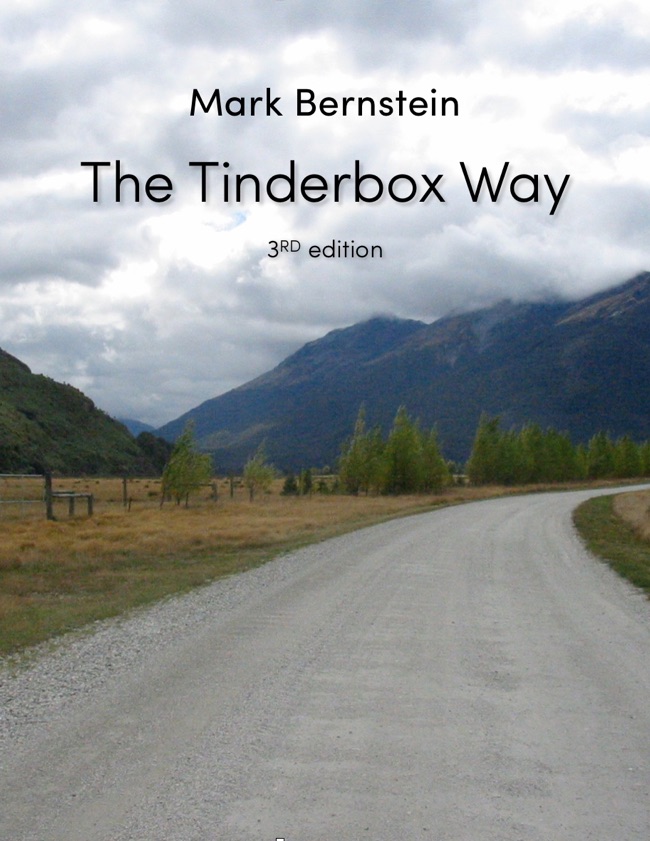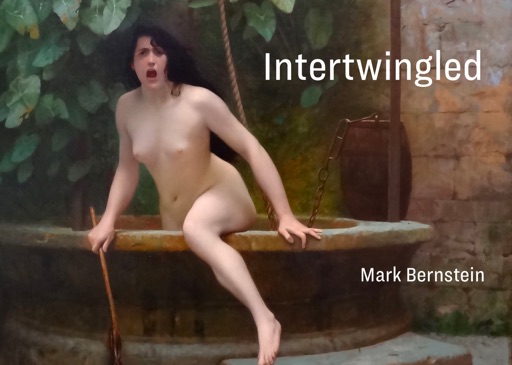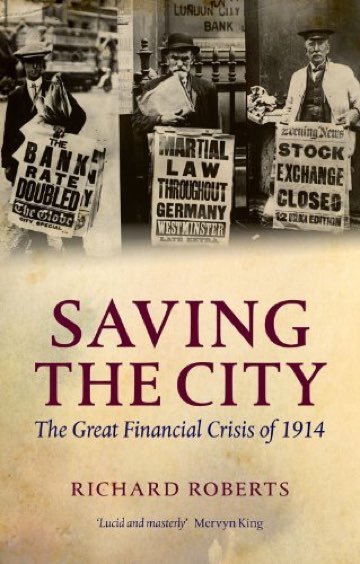by Marc Michael Epstein, ed.
A magnificent overview of the remarkable surviving evidence of the medieval Jewish book world. Though almost everything has been lost, what remains is extraordinary.
Of particular interest are the strategies the illuminators adopted to distinguish Jewish figures from non-Jewish figures. On surviving Haggadah, for example, appears to depict Jews as griffins. Another fascinating strategy was to appropriate a conventional Christian scene and to use its conventions to critique Christianity. For example, one illustration of Moses and family returning to Egypt (Exodus 4:20) looks almost exactly like the usual “Flight Into Egypt”. But there are details: two kids, not one! Zipporah is no virgin! And where we expect aged, infirm, broken-speared Joseph, we have young, virile, powerful Moses ready to confront Pharaoh. Clever. Maybe doubly clever; in some cases, we know that these paintings were done by Christian artists working from instructions in Latin that can still be discerned in the margins.
What I did not find enough of is details on production, especially details on how scribal errors were avoided. That’s why I spent the day in the Fine Arts Library! It was fascinating nonetheless .









